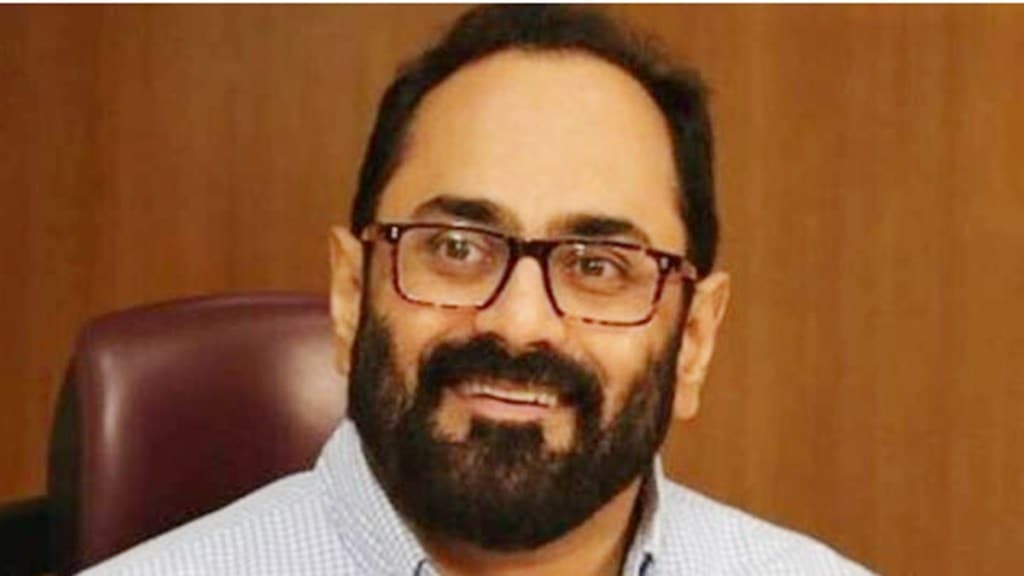With India opening the doors to its open-source digital public infrastructure (DPI) like Unified Payment Interface (UPI), Aadhaar, CoWin and Digilocker to other countries, Indian startups and IT firms are expected to benefit, government officials have said.
This can be possible as the government will authorise startups and other technology firms to integrate DPI solutions in other countries, creating a possible revenue stream for them.
On Tuesday, minister of state for electronics and IT Rajeev Chandrasekhar said India has entered into eight memorandums of understanding (MoUs) with countries such as Armenia, Sierra Leone, Suriname, Antigua, Barbados, Trinidad and Tobago, Papua New Guinea, and Mauritius, offering them the India stack and DPI at no cost and with open-source access.
“These nations now have the opportunity to adopt and utilise these resources within their borders, further developing their unique innovation ecosystems,” Chandrasekhar said, adding that India has volunteered to host a global repository of DPI to the G20 nations.
“Countries that have lagged behind increasingly see this as a way to follow India’s lead in DPIs, an open-source digital infrastructure, and using it to create the same impact that India has. Through these G20 conversations, we have further understood how DPIs are a powerful mechanism for inclusion, especially for countries in the global south,” he said.
Sources in the know said the countries will now float a request for proposal (RFP) to implement India’s DPI in their country. Since the government does not offer these solutions directly, Indian startups and other system integrators can participate in the RFP process and implement the same.
While the government solutions would be free to use for such countries, the companies implementing the solutions for them can eye potential revenue in terms of managing and integrating the infrastructure for them, officials said, adding that there will be a mechanism through which the government will authorise some companies and provide its open-source codes for digital public infrastructure.
“DPIs, for the first time ever, reached a global consensus and what ought to be their definition, framework, and principles. This is an exciting conversation that has gained momentum in the context of the G20. India is now a case study, as a nation that employed and deployed technological tools for progress and growth,” Chandrasekhar said, adding that G20 nationals also discussed financing the development of DPIs in the global south.
The consensus between G20 Digital Economy Ministers was focused broadly in three key areas — Digital Public Infrastructure, Cybersecurity and Digital Skills.
India is set to host G20 summit from September 8-10 in New Delhi.
